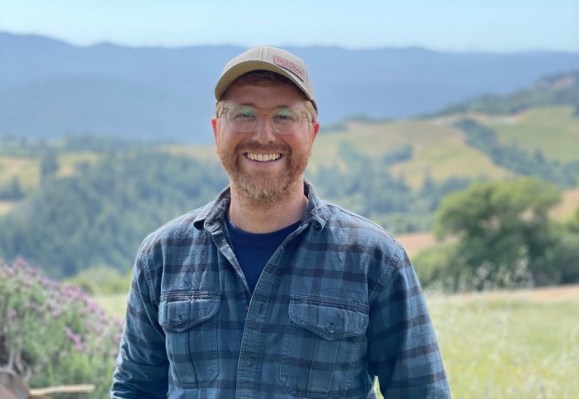Wildfires have become an ever-increasing threat as houses are built closer together and the growing impacts of climate change wreak havoc on natural landscapes. Entrepreneurs, in response, have started to develop tech meant to minimize the scale and damage of these natural disasters. Convective Capital is a new VC firm looking to back them.
Bill Clerico, the former co-founder and CEO of fintech WePay, launched the firm this year and has since raised $35 million for a first fund to back early-stage startups creating tech that can help detect and contain wildfires. The fund plans to invest in roughly 15 companies by writing seven-figure checks.
While some of these startups could fall under the umbrella of climate tech, Clerico said focusing on wildfire solutions fits more into the climate resilience category. He thinks the distinction makes it a more straightforward investment opportunity because increasing wildfires are already a problem today as opposed to climate tech meant to prevent or minimize future problems.
The thesis turned out to be a polarizing one to pitch as some investors understood the need immediately while others thought focusing on wildfire could prove to be too niche.
“It made fundraising easier in that there were people who had witnessed the economic opportunity first hand, and understood the impacts of fire there,” Clerico said. “Or they had experienced it personally in various ways…or folks didn’t.”
Clerico left WePay after a decade to pursue angel investing and become a volunteer fire fighter. While spending time at his home in Mendocino, California, he saw the impacts of the growing wildfire crisis as one of the natural disasters closed down the road to his house and he found himself struggling to get home insurance.
“Just watching wildfires become the really big crisis that it is, and having a real vested interest in the outdoors, led me down this path,” Clerico said. “I started thinking about how technology could be a solution.”
Clerico had made about 50 angel investments and admitted he was bored at the thought of hearing another fintech pitch. He started backing fire tech companies and began to specialize in the category. He decided to raise a fund so he could invest in the sector at scale.
He estimated that there are currently 200 startups focused on this area, claiming that Convective Capital has probably talked to all of them. These startups are tackling different areas of the wildfire crisis ranging from Pano, a startup that uses camera systems and AI to help emergency response teams detect fires earlier, to Rain Industries, a company that creates autonomous drones to help put out fires.
“What was missing though is that community coming together and acknowledging that fire tech is thing,” Clerico said. “It doesn’t exist as a category like fintech exists. Part of what we want to do as a firm is bring awareness to that category and really just help these founders get to know each other.”
Maxwell Brodie, the co-founder and CEO of Rain Industries, told TechCrunch that while most likely everyone in California has been impacted by wildfires, it’s nice to see that someone like Clerico is actually trying to do something about it. He hopes that his involvement can help draw more builders and investors into the category.
“All larger pools of resources [and capital] seek out where new emerging growth is going to come from,” Brodie said. “What [Clerico] is doing with Convective Capital is proving that there is a new emerging area of growth and everyone should be paying attention to that, especially late-stage investors.”
While Clerico doesn’t believe that any sectors can really be recession proof, he thinks firetech is an area that isn’t really tied to broader market conditions. And while many of the companies he backs aren’t preventing the wildfires from starting, he hopes they can help mitigate some of the damage.
“To leverage the power of startups to have a positive impact is a really inspiring challenge,” he said. “And one of the reasons why myself and my partners have gone after this.”
